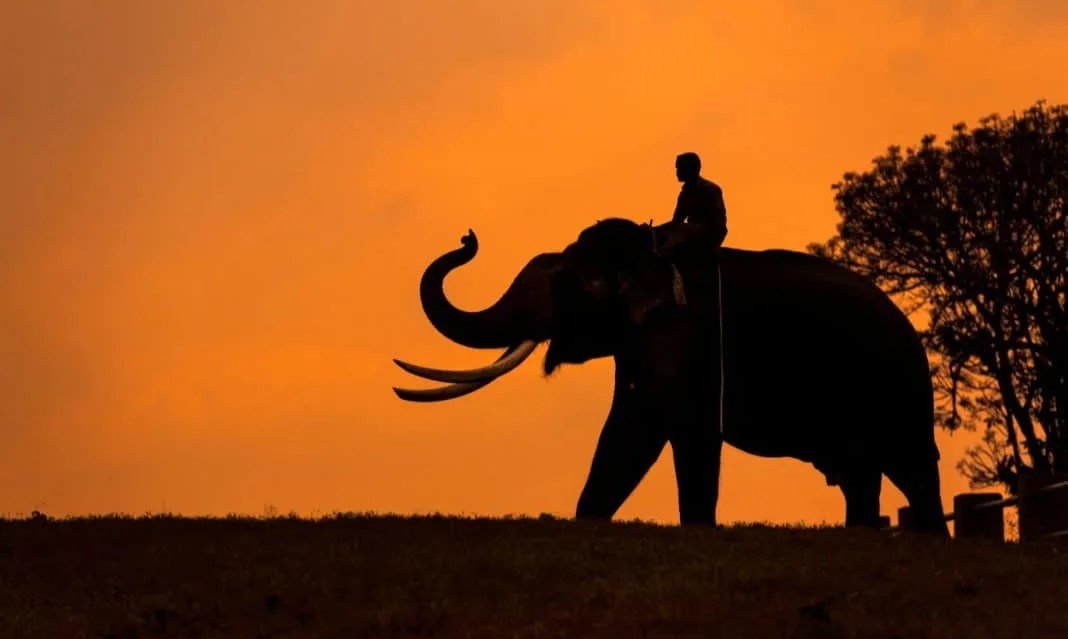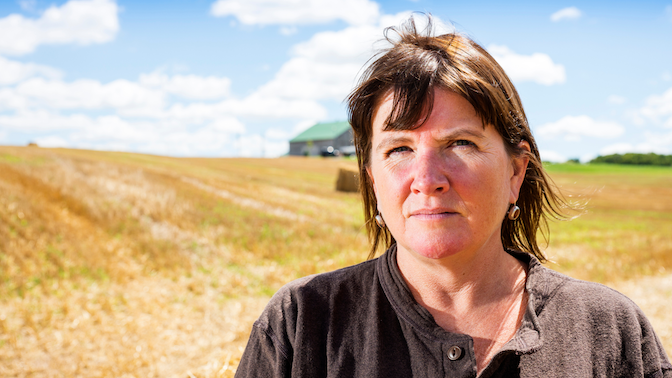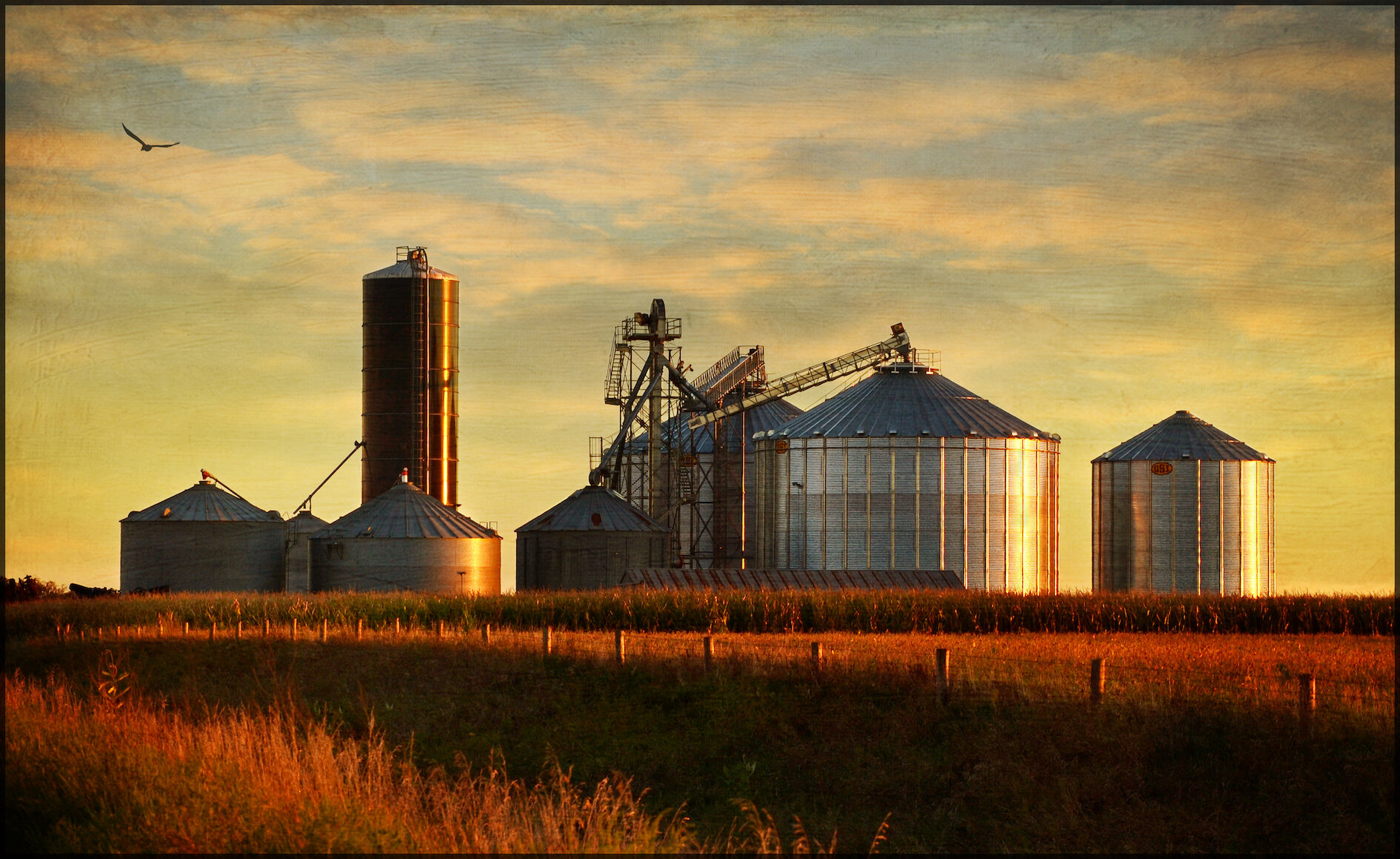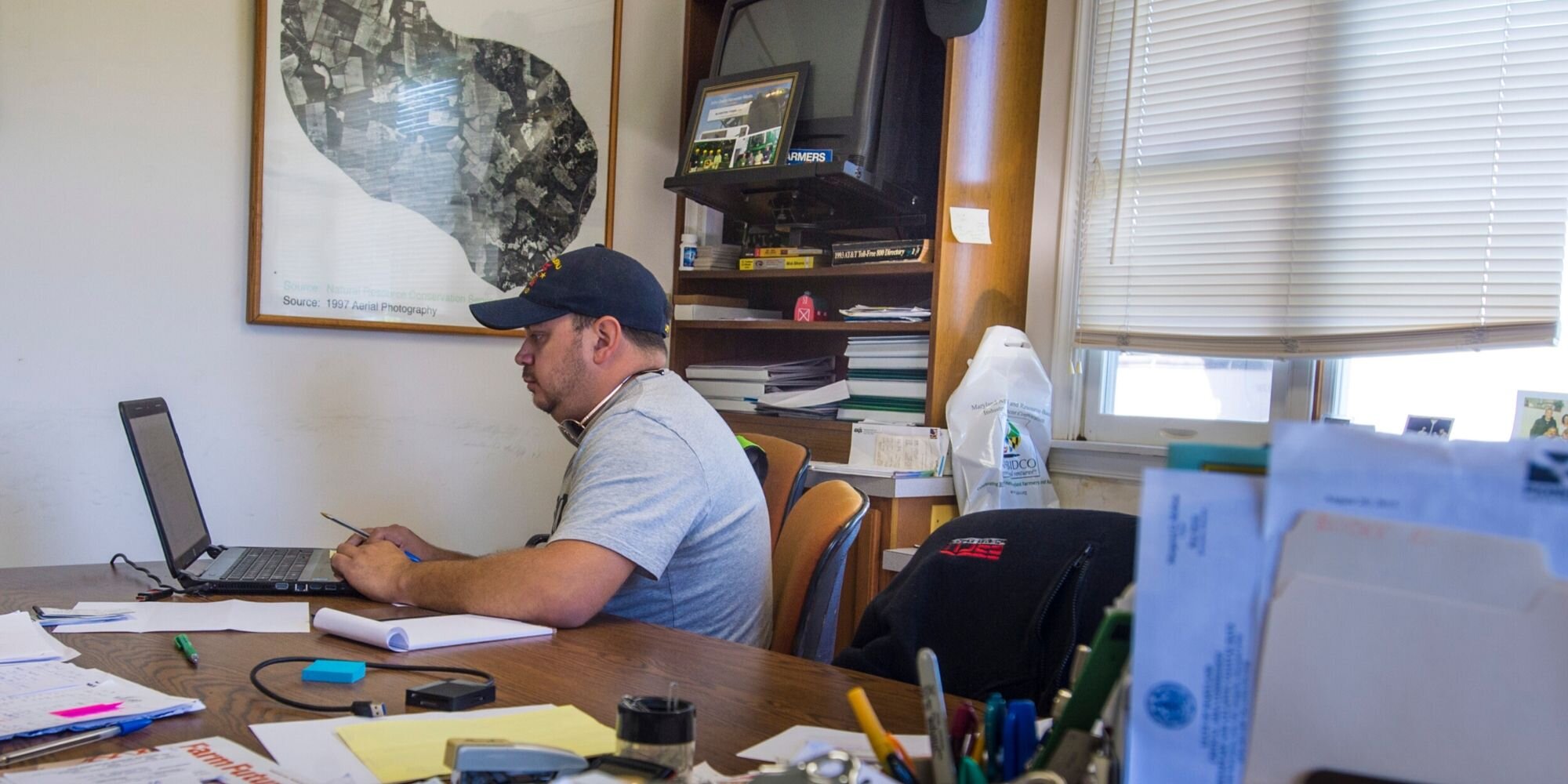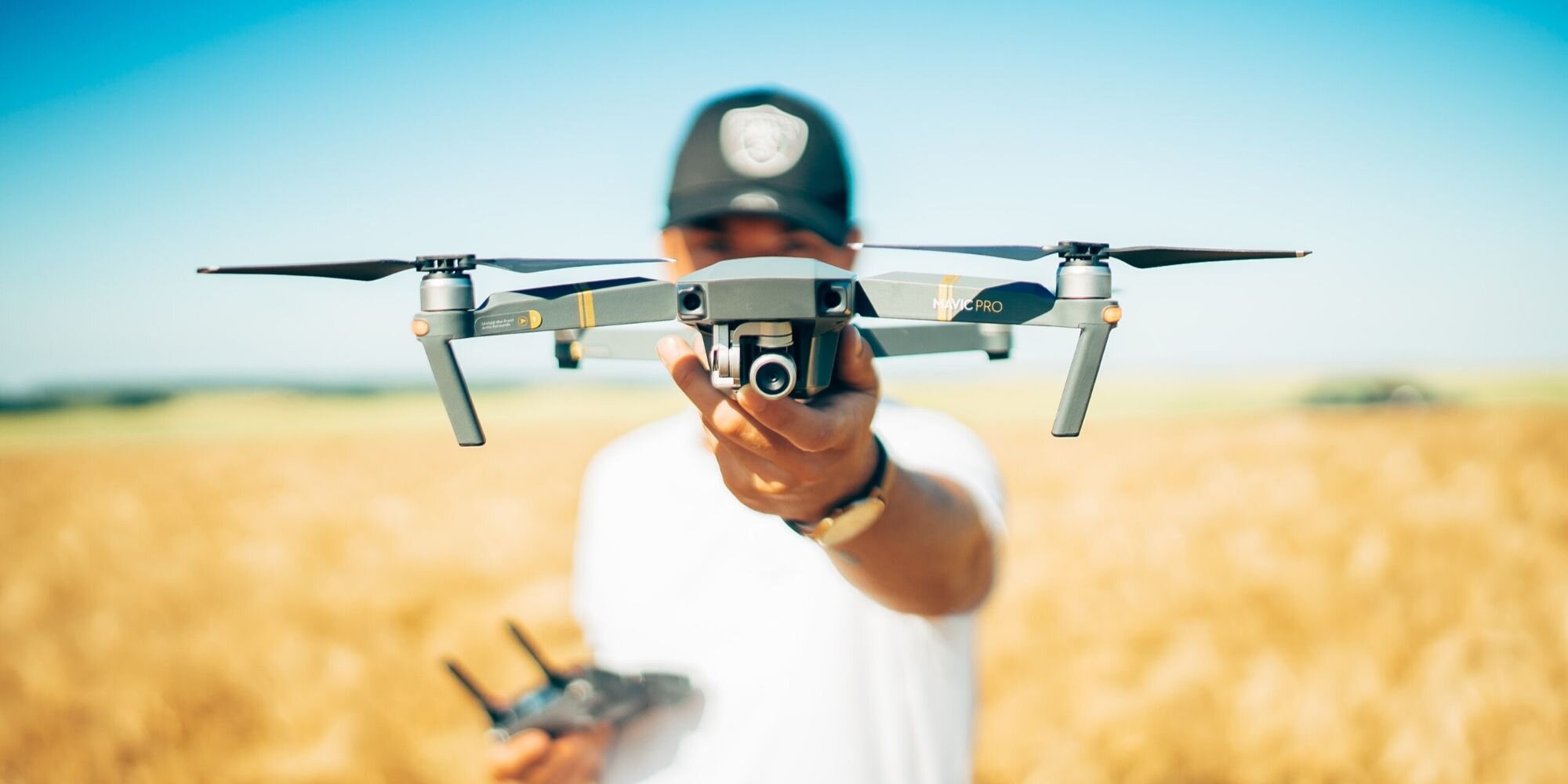What Problem Is Your Customer Solving
Article #4 of 7 in “REFRAMING AGRIMARKETING”
This blog post is part of a series originally posted with Quarry Integrated Communications.
As marketers, we need to remind ourselves that we’re in the business of solving our customers’ problems, not our own.
You’ve heard the old saying, “When all you have is a hammer, everything looks like a nail?” Ag marketers have fallen into this trap, looking at their products and trying to work backward to see what problem it might solve for farmers. Instead, we need to be more ambitious and find out what problems farmers are working to solve. You might be surprised to learn that it’s not always just a matter of higher productivity, ROI, or profitability.
Yes, producing goods and making economic gains are part of the equation, but we need to remember that farmers, by being farmers, are expressing a lifestyle preference too. And within that lifestyle, it isn’t just commodities that are being produced. Ask a farmer — and we’ve asked plenty — and they’ll tell you that they produce more than crops and livestock.
Here are some things we’ve heard about the less tangible things farmers raise:
People — “To have a farm was one way of keeping them [the kids] grounded”
Community “Everyone has said that what they’re doing is not an isolated production for monetary gain … we’ve got a community-minded consciousness that we’re part of something bigger than just ourselves.”
Identity “I have an identity as a farmer. I harvest about 25 beef animals a year and sell those to people in my small community … and so a lot of people know me as that.”
Spirituality “I enjoy the mornings, you know, seeing the morning dew on the vegies … watching everything grow”
Recreation “We recently purchased horses … we got them so they [the kids] could start learning the aspects of life … learning to ride and saddle horses teaches you something about life”
As marketers, we need to be mindful that farmers have bigger issues on their minds. And if we want to be more relevant to farmers, we need to be part of the discussion around those big issues.




